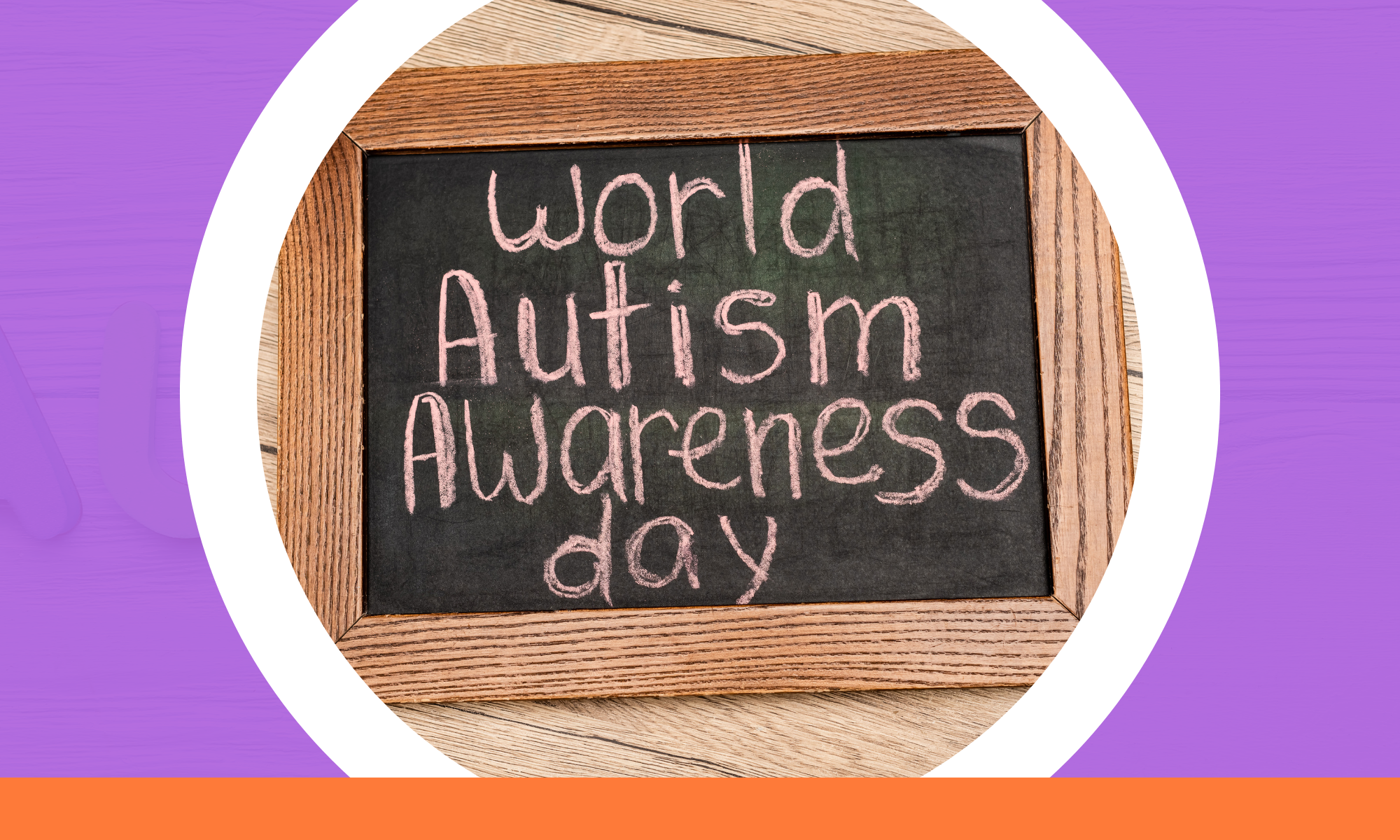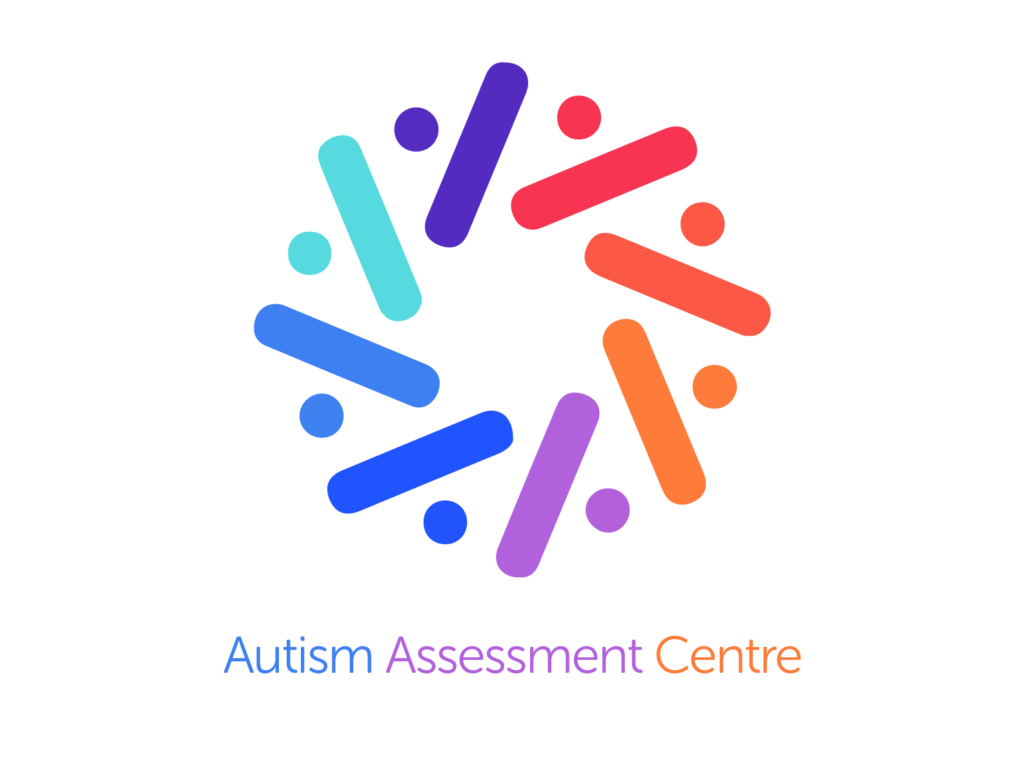Supporting Siblings of Children with Autism
The bond between siblings cannot be denied. Siblings of children with autism can have a very positive influence on them and encourage them in many ways. However, they may sometimes struggle to understand their brother or sister and how they can best support them. As a family member or parent, it is important to remember that they live in a unique situation that carries certain emotions and daily challenges. This can cause confusion about why their sibling reacts differently to certain situations. It is why supporting siblings of children with autism is so important and we will offer some advice on how best to do this.

Create a comforting space
Parents want nothing more than for their whole family to feel loved. When one of their children has autism, it’s possible that the family dynamic could change. Siblings may feel omitted as parents devote significant time and attention to caring for their brother or sister with autism. In such situations, it’s important to create a comforting space for them to express their emotions and concerns. They need to know they are not alone in their experiences and that they too are valued members of the family.
Parents can ask how they are feeling in an open and kind manner, listen to their needs and ask what they can do for them. They need to be aware of their body language and the tone of their voice, as well as their words. By creating a supportive environment for all family members, parents can help to ensure that their children feel loved and accepted no matter what challenges they may face.
Did You Know?
The current prevalence of autism in Ireland is approximately 1% of the population.

Encourage open communication
For parents, fostering open communication between siblings is crucial. While having a sibling with autism can certainly bring unique challenges, it can also offer opportunities for growth and understanding. Encouraging everyone to speak openly about their feelings and experiences can help them develop a deeper empathy and a stronger bond between each other. Setting aside time for family meetings or one-on-one conversations can be immensely beneficial.
Parents can approach these conversations with compassion and understanding, acknowledging the complex emotions that may arise. Siblings can then feel more supported and validated in their experiences. Building strong bonds can have a positive impact on the whole family.

Support groups
It can be challenging to navigate the unique experiences that come along with this diagnosis. Fortunately, there are support groups in Ireland specifically designed to provide guidance, resources, and a sense of community. These groups understand that parents of children with autism are often very busy and other children in the family may feel excluded.
By joining a support group, siblings can connect with others who can relate to their experiences and offer guidance and support. Whether it’s finding ways to manage emotions or learning about the latest research, support groups provide a safe space to share and grow together. You can find more advice and support from Autism Ireland as well as Ireland’s National Autism Charity.
Not only do these siblings need patience and compassion from family members but they also require educational support on how to adjust their expectations of the relationship with their autistic family member. This will allow all individuals to have meaningful connections.
These steps can create a profoundly rewarding experience for both the sibling and the child with autism when done correctly. It can be challenging sometimes and this is why making time for understanding and communication is important.
Taking time to sit down together as a family to talk about the situation and ask each other questions and express feelings can be powerful in building trust and connection. Together families have the power to create an environment where everyone feels seen, appreciated, heard, and supported.
At Autism Assessment Ireland, we understand your world and we speak your language. Families are guided by our highly trained, understanding professionals so they know exactly what to expect and are educated each step of the way.

























